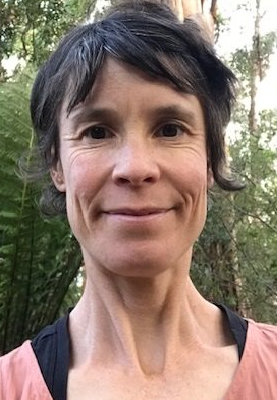Dr Kneebone undertook most of her GP training in the NT in Aboriginal health settings.
She moved with her partner and two young children from Alice Springs to Hobart, seeking cooler weather. She currently works in an Aboriginal Health Service in Hobart and a primary care clinic for newly arrived refugees.

What triggered this career path for you?
The John Flynn scholarship was really formative for me. I chose to go to Elcho Island in north-east Arnhem Land. I went every year for four years and just loved it.
‘ The one thing I wish I had known about rural general practice is how exciting and challenging it can be. ’
I also went and did an elective in fifth year, between fifth and sixth year in East Timor, which was a difficult time with the recent war, but that was really exciting for me as well. So just that combination of factors made me choose Darwin for my intern year.
What do you enjoy most about rural medicine and working in Aboriginal and Torres Strait Islander health?
Primarily the connections with people in the community. Getting to know people and gaining their trust, and seeing them outside of just the health clinic sphere and getting to know them as people. That is really special to me, that cross-cultural exchange. Some of the outstation trips that we did were amazing. So, for example, flying to little outstation communities. It's a beautiful country, and we're driving and camping. Who goes driving and camping, full driving and camping, to go to work? I met an amazing artist. He was a really, really famous artist, lived on an outstation miles from anywhere, really. Took me to a rock art cave. So that's pretty special.